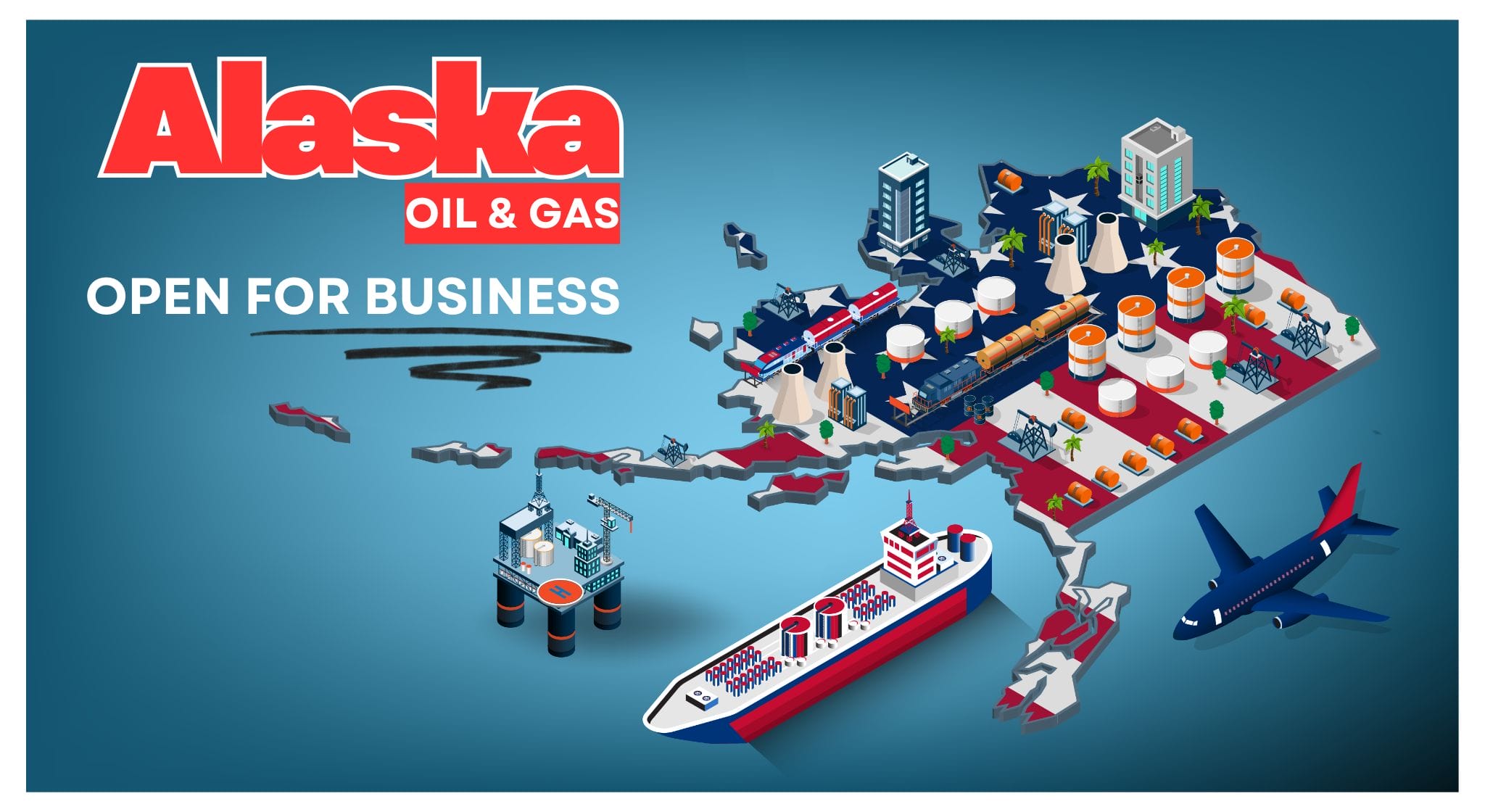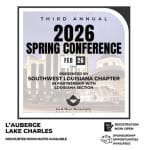This Event Reminder is Sponsored by: State Service, leaders in Modular Design and Fabrication for Oil and Gas

Department of the Interior authorizes drilling, citing energy security amid renewed environmental opposition
The Trump administration has announced a major shift in U.S. energy policy, reopening the Coastal Plain of Alaska’s Arctic National Wildlife Refuge (ANWR) for oil and gas leasing. The move, unveiled alongside Alaska Governor Mike Dunleavy and the state’s congressional delegation, fulfills a long-standing Republican goal to expand energy development in Alaska. The Department of the Interior said the decision will strengthen U.S. energy independence, create jobs, and reinforce Alaska’s central role in the nation’s oil and gas industry.
According to the Interior Department, the new record of decision reopens 1.56 million acres of the ANWR Coastal Plain to oil and gas exploration, overturning the 2024 restrictions imposed by the previous administration. Interior Secretary Doug Burgum said the policy “strengthens energy independence, creates jobs, and supports Alaska’s communities while driving economic growth.” The plan also restores oil and gas leases to the Alaska Industrial Development and Export Authority (AIDEA), following a federal court ruling that found their prior cancellation unlawful.
As reported by the Associated Press (AP), the announcement fulfills campaign promises made by President Donald Trump and congressional Republicans to reopen the Arctic Refuge for energy development. The plan calls for multiple oil lease sales in the coastal plain over the next decade, a region believed to hold vast untapped reserves. While the Gwich’in Nation opposes drilling on lands they consider sacred, Iñupiaq leaders from Kaktovik have voiced support, viewing responsible oil development as key to economic opportunity in northern Alaska.
The Department of the Interior also unveiled several related projects aimed at enhancing energy infrastructure and land access across Alaska. These include reissuing right-of-way permits for the Ambler Road Project, which will connect resource-rich mining areas in northwest Alaska, and approving a land exchange to allow construction of a road between King Cove and Cold Bay. Federal officials said these initiatives will improve public safety, expand land access, and promote local economic resilience.
Environmental groups and Indigenous organizations have vowed to challenge the ANWR drilling decision in court. Conservationists warn that oil development in the Arctic Refuge could threaten the Porcupine caribou herd, migratory birds, and fragile Arctic ecosystems. According to AP, groups such as the Center for Biological Diversity plan to file lawsuits opposing both the drilling and the King Cove land exchange, saying the administration is prioritizing corporate interests over environmental and cultural preservation.
Despite growing opposition, the reopening of the Arctic National Wildlife Refuge marks one of the most significant energy policy changes in decades. The decision highlights the Trump administration’s push to expand domestic oil production, reduce regulatory barriers, and position Alaska at the forefront of America’s energy security strategy.
Published by: João Fernando





